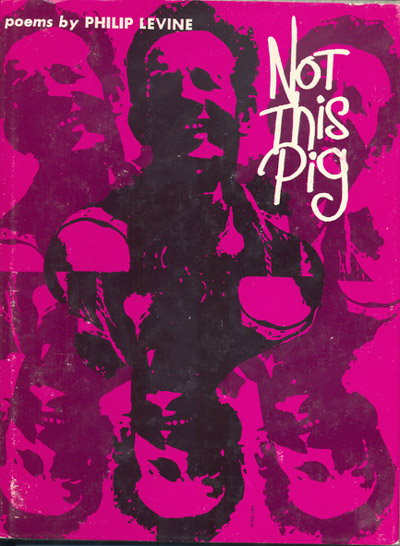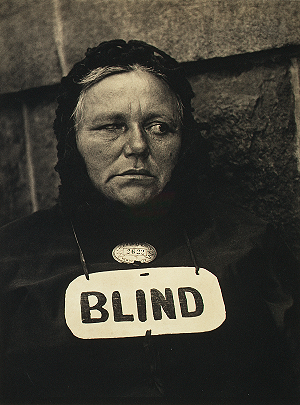Photojournalist James Buck [Photo source: arabawy.org] See James Buck on Flickr | Twitter
Biz Stone, co-founder of Twitter, tells a story on NPR Fresh Air about the first time he realized that the social media platform was becoming a tool for global citizens:
Twitter’s use in Egypt goes back to something that happened in 2008 that we heard about after the fact and we were just sort of chilled by, and that was this photojournalism student named James Buck, who had traveled from U.C.-Berkeley to Egypt specifically to photograph protests. And he wanted to get great photos in Egypt.
And so he went out there on his own, and he kept missing all of the protests that were organized. And so he asked some of his Egyptian friends that he met there: How is that you guys are, you know, suddenly organizing these protests so quickly and so efficiently? And they said: Oh, we’re using this tool called Twitter.
And, you know, James was from the Bay Area, hadn’t even heard of it, and he’s hearing about it in Egypt. And so he gets on Twitter, and he’s suddenly plugged into this network. And so he’s able to make it to these protests, and there he is, taking these great photos.
And suddenly, he notices something is up. He told us later, a lot of Egyptian police have mustaches, and the mustache quotient in the crowd went up significantly, which got him worried. And he suddenly said something doesn’t seem quite right.
And he was grabbed, arrested by Egyptian police, thrown in the back of a car, really starting to freak out. He’s this young guy, realized they hadn’t taken his mobile phone from him yet and that he was on Twitter.
And so he sent out a tweet, and it was a one-word tweet, and the word was “arrested.” Within about three hours, what happened was his friends back home in California knew the situation that he was in, they had been following his other tweets. They knew it wasn’t - that it was serious, that it wasn’t a joke.
His friends called the dean. The dean called a lawyer. The lawyer called the consulate, and within a few hours, James sent out another tweet that was also one word, and that was simply “freed.”
And when we heard about this story and that Twitter was being used in Egypt in 2008 to organize these protests, that was one of the early, eye-opening experiences for us, that made us realize this was not just something in the Bay Area for, you know, technical geeks to fool around with and to find out what each other’s up to, but a global communications system that could be used for almost anything and everything. Read transcript
Stone sees the arc of his work from Blogger to Twitter as an effort to “support freedom of speech… trying to create… global networks that allow people to express themselves freely… we’ve always, always erred on the side of freedom of speech, and we’ve always had to fight for that, to a certain extent.”
That’s an idealistic narrative for what Jay Rosen and Dave Winer call a “corporate blogging silo” that could bow to government pressure when business models are threatened. They discuss a troubling counter-narrative in Rebooting the News #82.
Call him a Techno-Utopian, but I think Biz Stone is listening to his better angels when he asserts:
people… all around the world are realizing that we’re not necessarily just citizens of a particular state or a particular country, but citizens of the world. And this is a growing feeling, and I think that the Internet and social media tools are making the world a smaller place and they’re strengthening humanity and allowing us to feel this empathy.
![gustave_caillebotte_paris_street_rainy_day Gustave Caillebotte. Paris Street, Rainy Day (La Place de l’Europe, temps de pluie). 1877. Oil on canvas. Art Institute of Chicago. [Source: Wikimedia Commons]](../../../../wp-content/uploads/2009/02/gustave_caillebotte_paris_street_rainy_day_1877_wiki.jpg)
![Fog at Isle Royale [Source: wildmengoneborneo.com] Fog at Isle Royale [Source: wildmengoneborneo.com]](../../../../wp-content/uploads/2008/04/isle_royale_fog.jpg)
 If there is an emerging genetic underclass, I could run for class president or class clown. Read more in
If there is an emerging genetic underclass, I could run for class president or class clown. Read more in 

TechCrunch reported the James Buck story on 021608. Buck had 48 Twitter followers at the time, proving that it isn’t the size of your social network, but their commitment, that counts!